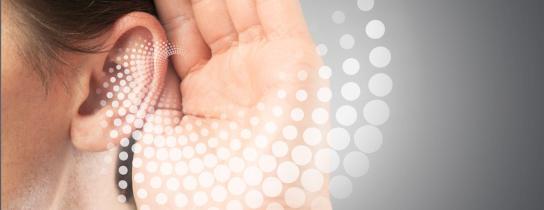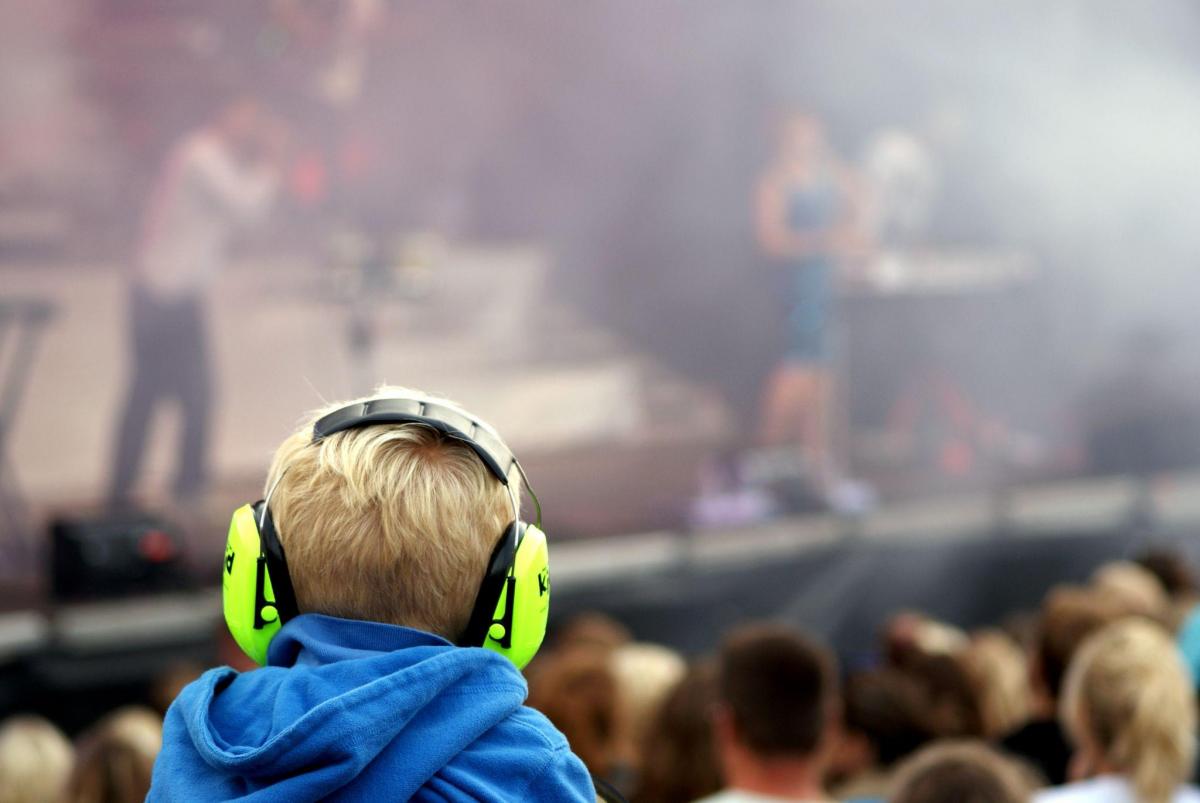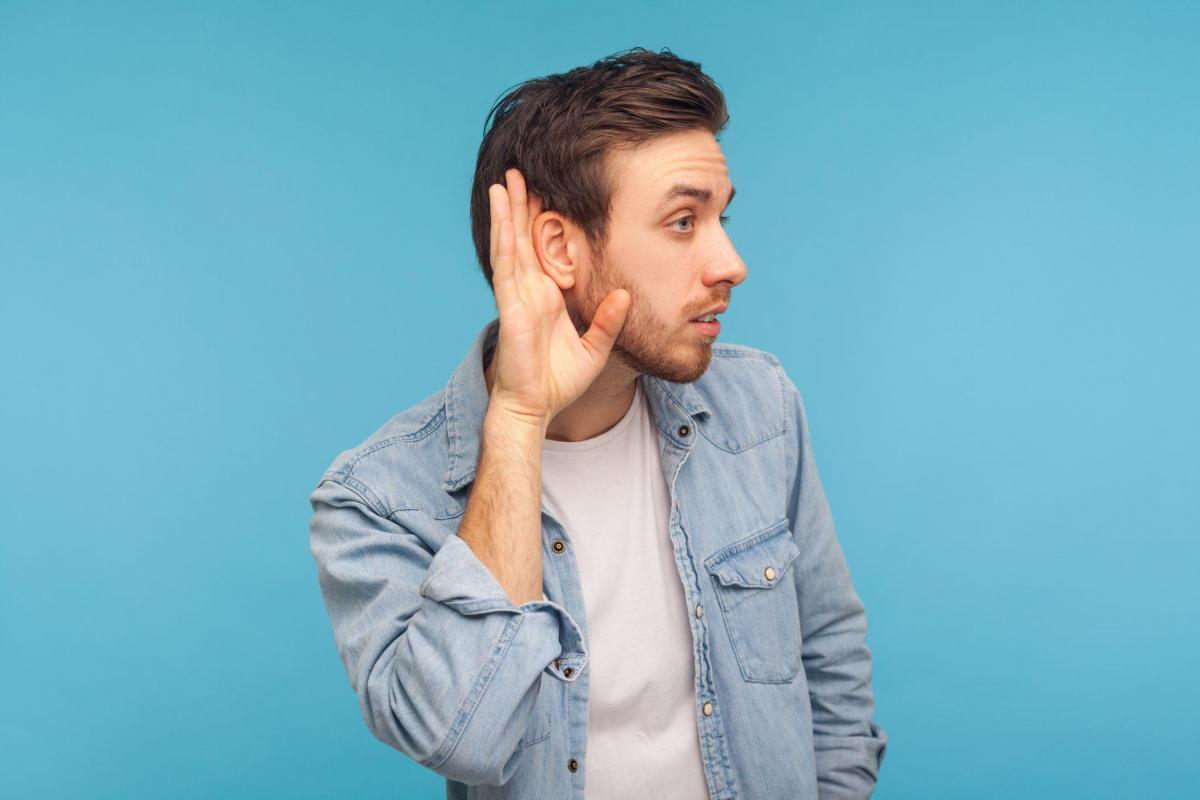
How to Protect Yourself from Hearing Damage
Life has become exponentially noisier over the years. Concerts, sporting events, headphones, and loud environments are all harmful to your hearing. Even though some cases of hearing loss can’t be prevented, there’s a lot we can do to protect our ears from unnecessary hearing damage.
What Is Hearing Damage?
Hearing damage is a reduction in your ability to hear things around you. This can include difficulty making out speech or isolated sounds in your environment. Hearing damage can be caused by many different factors, many of which you can’t control like aging or other illnesses.
However, one of the leading causes of hearing loss or hearing damage is exposure to loud noises for a prolonged period. Spending hours listening to loud music on earphones, turning up the TV too loud, and other actions that increase the noise around you can cause issues with your hearing.
This article covers the best tips on how you can prevent hearing damage and how to know when it’s time to see a doctor.
Tips to Protect Yourself from Hearing Damage

Noise-induced hearing loss can happen to anyone at any age. Learning how to prevent hearing damage is essential if you want to keep your hearing and ears safe for years to come. Here are the top seven tips to help protect your hearing.
1. Avoid Loud Noises
The simplest way to avoid hearing damage is to simply avoid loud noises. It sounds obvious, but many people don’t realize how loud their living environments can get. A good rule is that if you have to shout to be heard, your environment is probably too noisy. The same goes for if sounds hurt your ears, things sound muffled once you leave, or you can’t hear what people close to you are saying.
Another great way to gauge whether or not an environment is noisy is to download a smartphone app for that very purpose. If calibrated properly, it can tell you if your environment has become harmful to your hearing and when it’s time to leave.
2. Be Careful When Listening to Music Through Earphones
One of the most common hazards for damaged hearing is headphones. Turning up music is a natural reaction for many people when their favorite song comes on, but that could be hurting your hearing.
One of the best ways to avoid earphone or headphone-induced hearing damage is to get noise-canceling headphones, so you don’t have to turn up the volume to drown out the noise around you. Another good rule is to never listen to music on your headphones at higher than 60% of the maximum volume.1
If you absolutely need to use headphones or earphones for an extended period, make sure you take regular breaks of at least five minutes every hour.
3. Protect Your Hearing During Concerts and Other Loud Events
Have you ever seen the headphones or earmuffs kids wear at concerts? They’re not there as a style choice but rather to protect their hearing at such a young age. If you love going to concerts and nightclubs, or you find yourself close to the loudspeakers at a noisy event, you may want to opt for noise-reducing earplugs or earmuffs.
Earplugs are often the preferred choice because they don’t stand out quite as much as earmuffs. That way, you can still enjoy the music without damaging your hearing. If that’s not an option, taking breaks every 15 minutes and giving your hearing ample time to recover in a quiet environment after the event is your next best choice.
4. Take Precautions if You Work in a Dangerous Noise Environment
Working in a factory, workshop, or other loud environments could be seriously damaging to your hearing. Sounds of machinery or a fast-paced, loud office space could cause noise-induced hearing loss over time, and you should talk to your occupational health manager or supervisor about making changes or moving to a quieter environment.
Some possible changes include switching to less noisy equipment, taking breaks from noisy spaces, and getting the right kind of hearing protection like earmuffs, earplugs, or noise-canceling headphones.
Often workers are provided with hearing protection but end up not using it because it seems unnecessary. If your workplace has any equipment to preserve your hearing, you really should use it.
5. Use Hearing Protection
Hearing protection isn’t just for loud events or loud workplaces. If you’re regularly stuck in traffic, have a noisy home environment, or just find that certain noises hurt your ears more than others, getting the right hearing protection for you is essential. It can help you focus better on your job, feel less overwhelmed by your surroundings, and keep your hearing abilities safe for years to come.
6. Take Regular Breaks from Noisy Environments
Sometimes, hearing protection and switching to a less noisy environment just aren’t on the table. In this case, taking regular breaks from the noise could help save your hearing. Depending on the noise level, breaks every 15 minutes to an hour are a good guideline to go by. If possible, taking a much longer break from the noise once you have the chance could also be beneficial.
If you are stuck in a noisy situation for a prolonged period, giving your ears up to 18 hours of rest in a quiet environment may be necessary to avoid any further damage.
7. Get Your Hearing Tested
Another great way to avoid hearing damage and keep your hearing health at its best is to get your hearing tested regularly, especially if you work or spend a lot of time in noisy environments.
Regular hearing tests will not only help your doctor pick up on problems early on but could help you understand how much or how little your lifestyle choices and job are affecting your hearing.
Even if you aren’t exposed to loud noises regularly, getting your hearing tested as soon as you notice anything odd about the way you experience sound could help prevent your hearing from deteriorating further.
Signs You Have Hearing Damage

It can be difficult to notice hearing damage, especially since your ears are organs you use daily. However, if you think something is off, the following signs of hearing damage could indicate you need to get medical help:2
- Sounds or peoples’ voices seem muffled or dull
- Trouble hearing high-pitched sounds like whistling, birds, a doorbell, or alarm clock
- Difficulty hearing things over the phone
- Not being able to understand conversations in a noisy environment like a restaurant
- Hypersensitivity to certain sounds, meaning they hurt or annoy you when you hear them
- Difficulty distinguishing between verbal sounds like the letter “s” and “f” or “p” and “t”
- Having to ask others to speak slowly and more clearly
- Constantly having to ask people to repeat what they said
When to See an Ear Doctor
If you’re experiencing any of the above-mentioned signs of hearing damage, no matter how minor they seem, it may be time to see an ear doctor.
If you’re based in New York and are looking for an ear doctor to help with possible hearing damage, the audiology department at Crystal Run Healthcare can help. Not only can the audiologists at Crystal Run Healthcare administer hearing tests but recommend custom earplugs and other devices to help better your hearing or prevent it from further damage.
For more information on the services offered by Crystal Run Healthcare, visit our website or call 845-703-6999.
Sources:

 Optum Radiology at Crystal Run Healthcare
Optum Radiology at Crystal Run Healthcare Same and next-day pediatric appointments
Same and next-day pediatric appointments